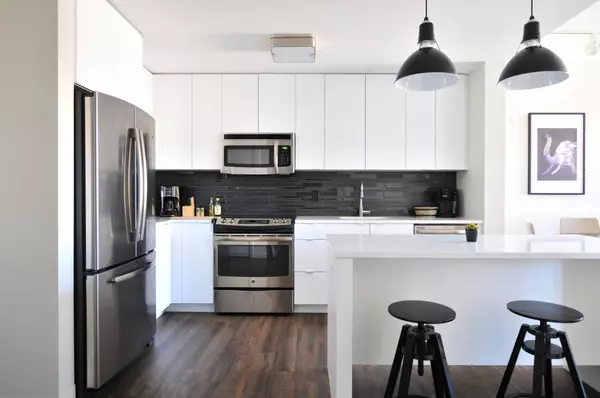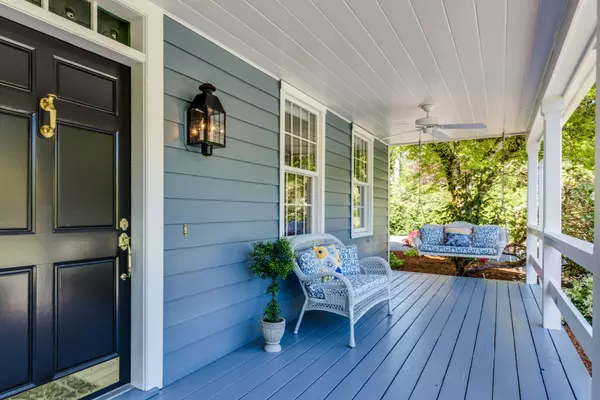Understanding Closing Costs: What Every Homebuyer Needs to Know

Closing costs are an essential part of buying a home, yet they’re often overlooked in the excitement of securing a mortgage and choosing the perfect property. Understanding these costs will help you budget effectively and avoid last-minute surprises at the closing table. Here’s what every homebuyer should know about closing costs and how to prepare for them.
1. What Are Closing Costs?
Closing costs are fees and expenses paid when you finalize the purchase of your home. They cover everything from loan processing to property appraisals and title insurance. Typically, closing costs range from 2% to 5% of the home’s purchase price, depending on the type of loan, property location, and lender requirements.
Example: For a $300,000 home, closing costs could range from $6,000 to $15,000.
2. Common Closing Cost Fees
Here’s a breakdown of some typical closing costs:
- Loan Origination Fee: Charged by the lender for processing the mortgage application.
- Appraisal Fee: Covers the cost of a professional appraisal to assess the home’s market value.
- Title Insurance: Protects the buyer and lender in case there are disputes over ownership.
- Home Inspection Fee: A fee for a home inspection, which helps uncover any structural issues.
- Credit Report Fee: Covers the cost of pulling your credit report for loan approval.
- Property Taxes and Homeowner’s Insurance: Often, the buyer must prepay these costs at closing.
- Recording Fees: Paid to the local government to legally record the sale.
Tip: Review your Loan Estimate from the lender to see a detailed list of your closing costs upfront.
3. How to Estimate Your Closing Costs
The exact amount you’ll pay depends on various factors, including your location, loan type, and down payment amount. Your lender will provide a Loan Estimate within three days of receiving your application, which details the estimated closing costs. Later, a Closing Disclosure (sent three days before closing) will give you the final breakdown of these fees.
Tip: Use an online closing cost calculator to get a rough estimate based on your home price and location.
4. Can Closing Costs Be Negotiated?
Some closing costs can be negotiated to help reduce your out-of-pocket expenses. Here are a few ways to potentially lower these fees:
- Shop Around for Lenders: Different lenders offer different rates and fees, so getting multiple quotes can help you find the best deal.
- Negotiate with the Seller: In a buyer’s market, sellers may agree to cover a portion of the closing costs to close the deal faster.
- Request Lender Credits: Some lenders offer credits to cover a portion of your closing costs, though this might slightly raise your interest rate.
Tip: Work with your real estate agent to negotiate favorable terms with the seller or lender.
5. When Are Closing Costs Paid?
Closing costs are typically paid at the closing appointment, the final step before you receive the keys to your new home. The funds are transferred along with your down payment, so you’ll need to arrange for a certified check or bank transfer to cover these expenses.
Tip: Set aside funds well in advance to avoid any last-minute issues with closing payments.
6. Can You Roll Closing Costs into Your Mortgage?
In some cases, you may have the option to roll closing costs into your mortgage. This is often possible with FHA or VA loans, where closing costs can be financed. Keep in mind, though, that this increases the total loan amount and may result in higher monthly payments and interest costs over time.
Tip: Speak to your lender to understand the impact of financing closing costs on your loan terms.
Final Thoughts
Closing costs are a necessary part of purchasing a home, but they don’t have to be overwhelming. By understanding what they include, negotiating when possible, and preparing ahead of time, you can reduce the financial strain and make your home-buying experience more enjoyable. With these costs in mind, you’ll be ready to take on the closing process with confidence!
Categories
Recent Posts









